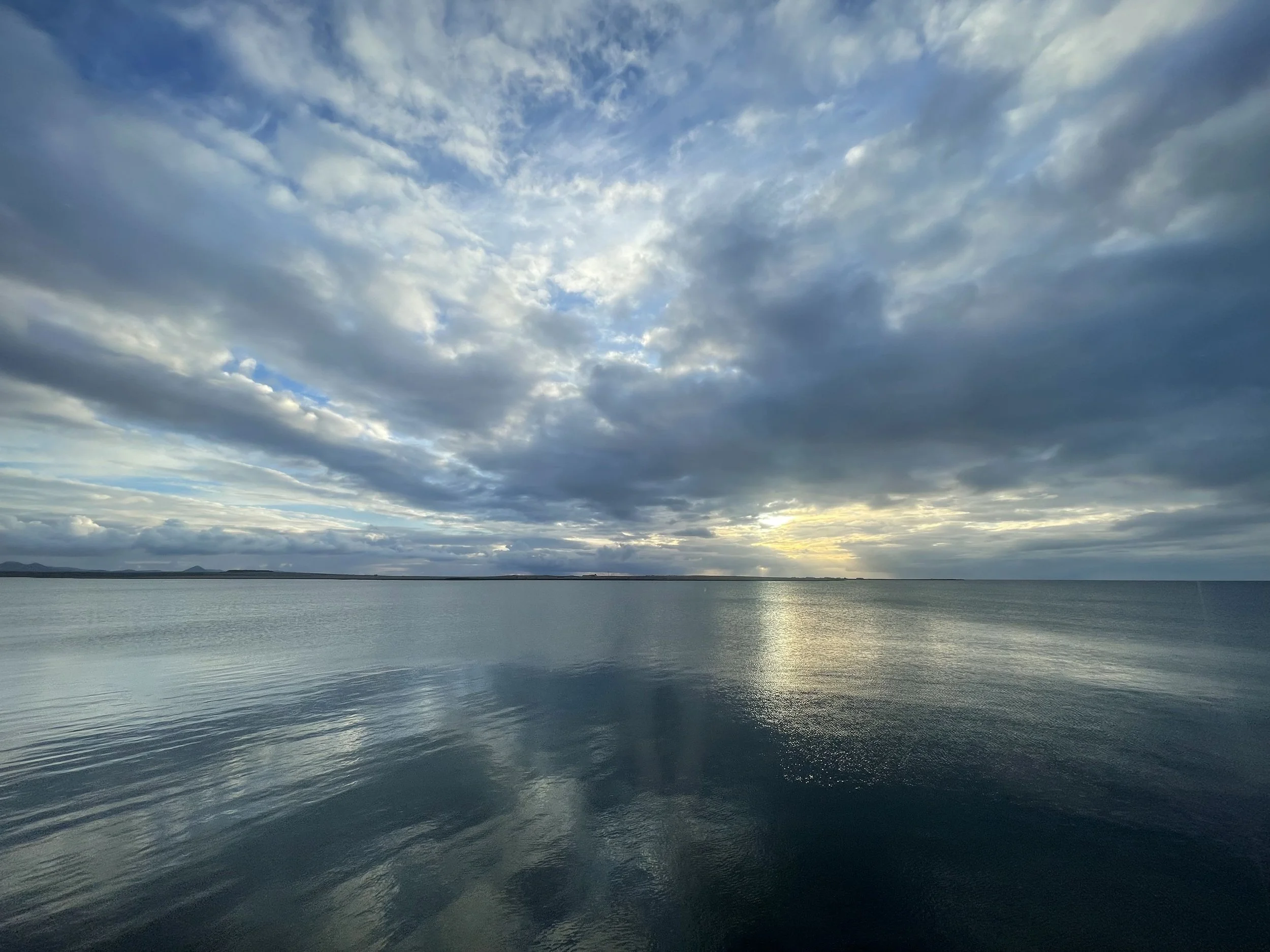In the Face of Proselytizing
Does Protecting the Right to Proselytize Violate Religious Freedom?
URI India Holds it Sixth National Assembly
You Cannot Redeem Proselytism
by Hans Ucko
Last March the Religious Freedom Project at the Berkley Center for Religion, Development, and World Affairs published a series of short papers about proselytism in their publication Cornerstone. Each author was…
Nagging Tensions Around Development and Proselytizing
Freedom to Proselytize Associated with Lower Religious Hostilities
Taste-buds and Interfaith Bridge-building
Don’t Forget the Mystics
Women Powerfully, Silently Walk Together For Peace
Shedding Religious Exclusivism in the College Classroom
The Christmas Narrative Revisited
by Isabella Price
On December 25, Christians around the world will gather to celebrate Jesus’ birth with joyful carols, special liturgies, festive meals and gifts…Yet, what are the origins of Christmas and how…







